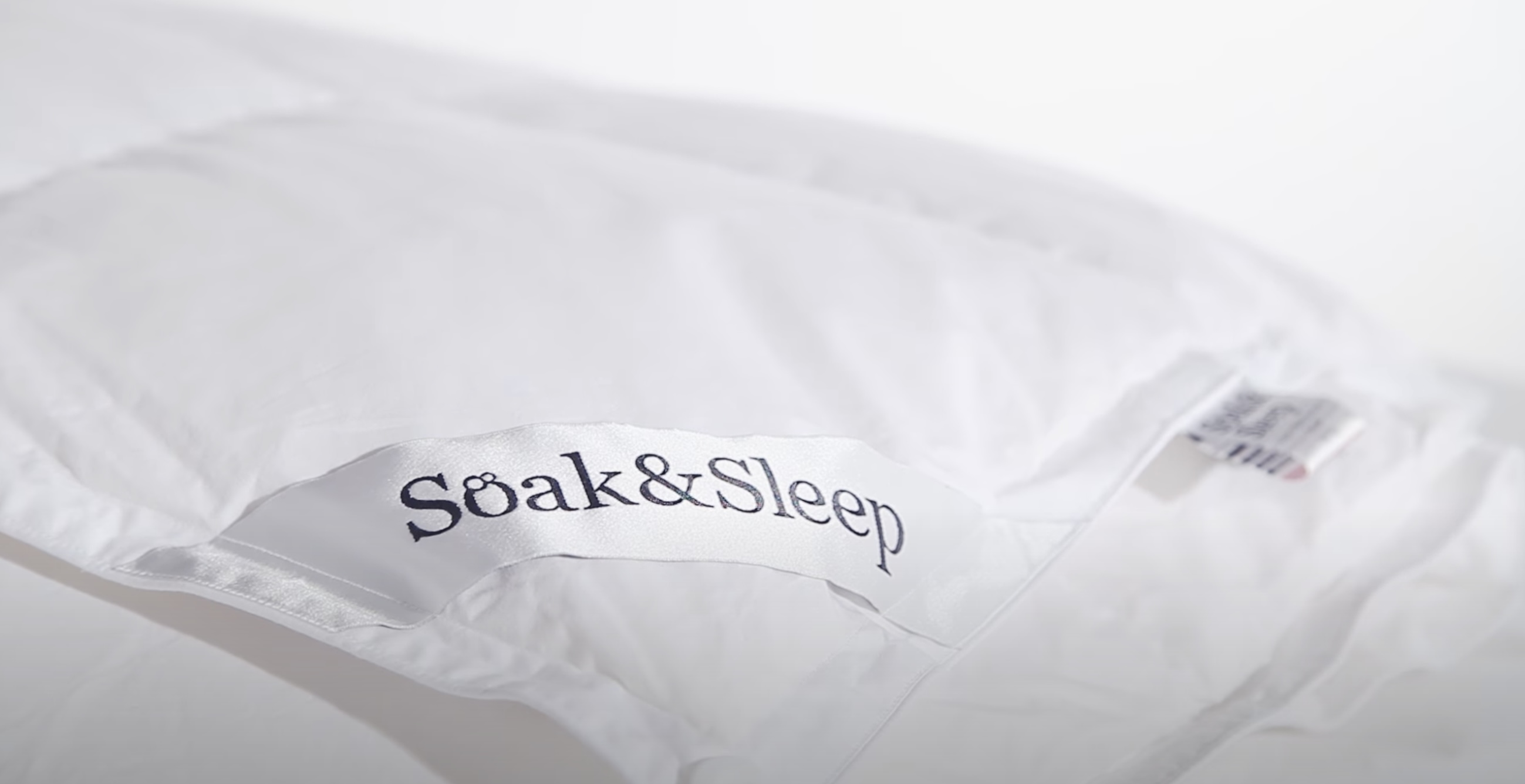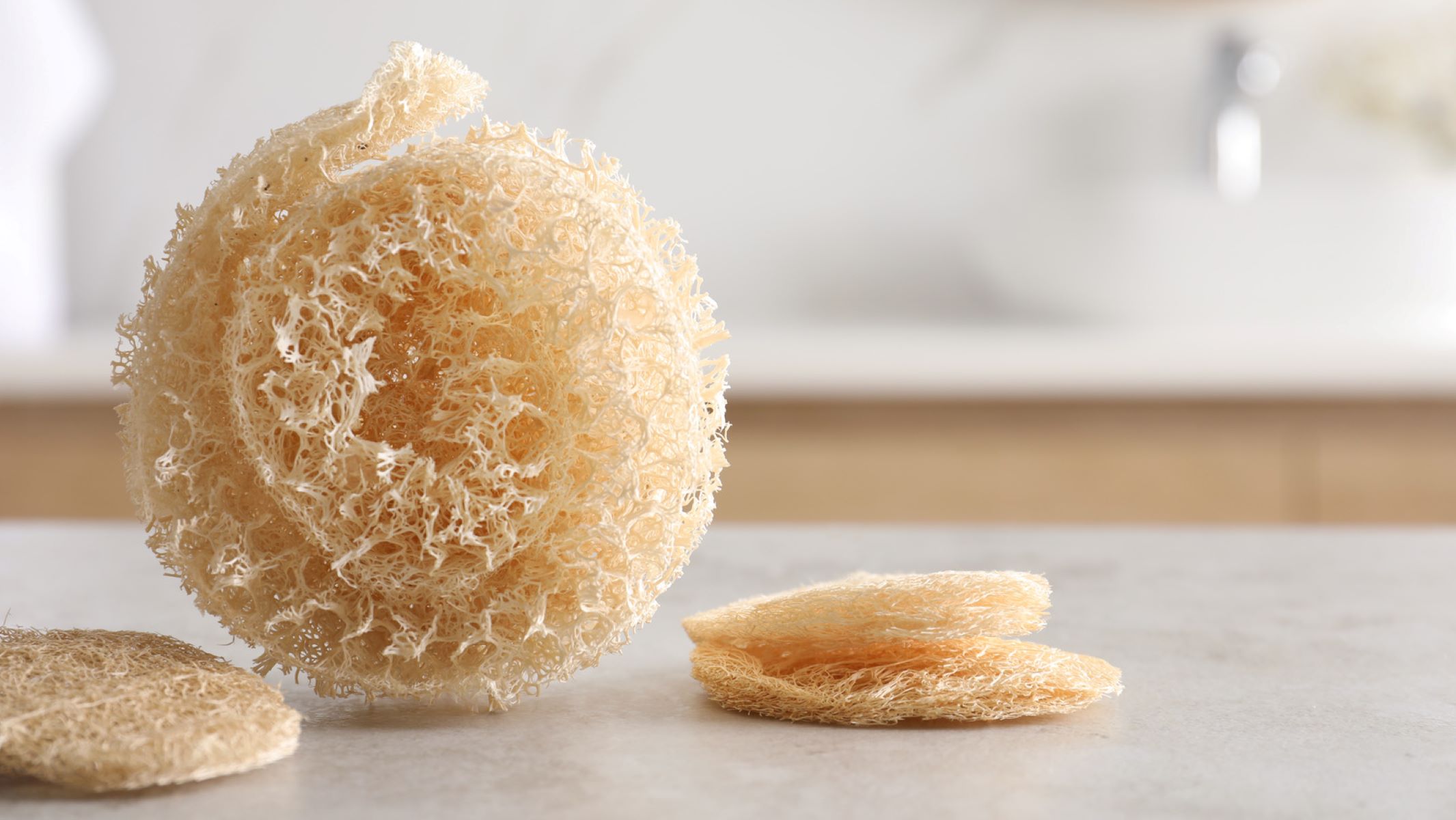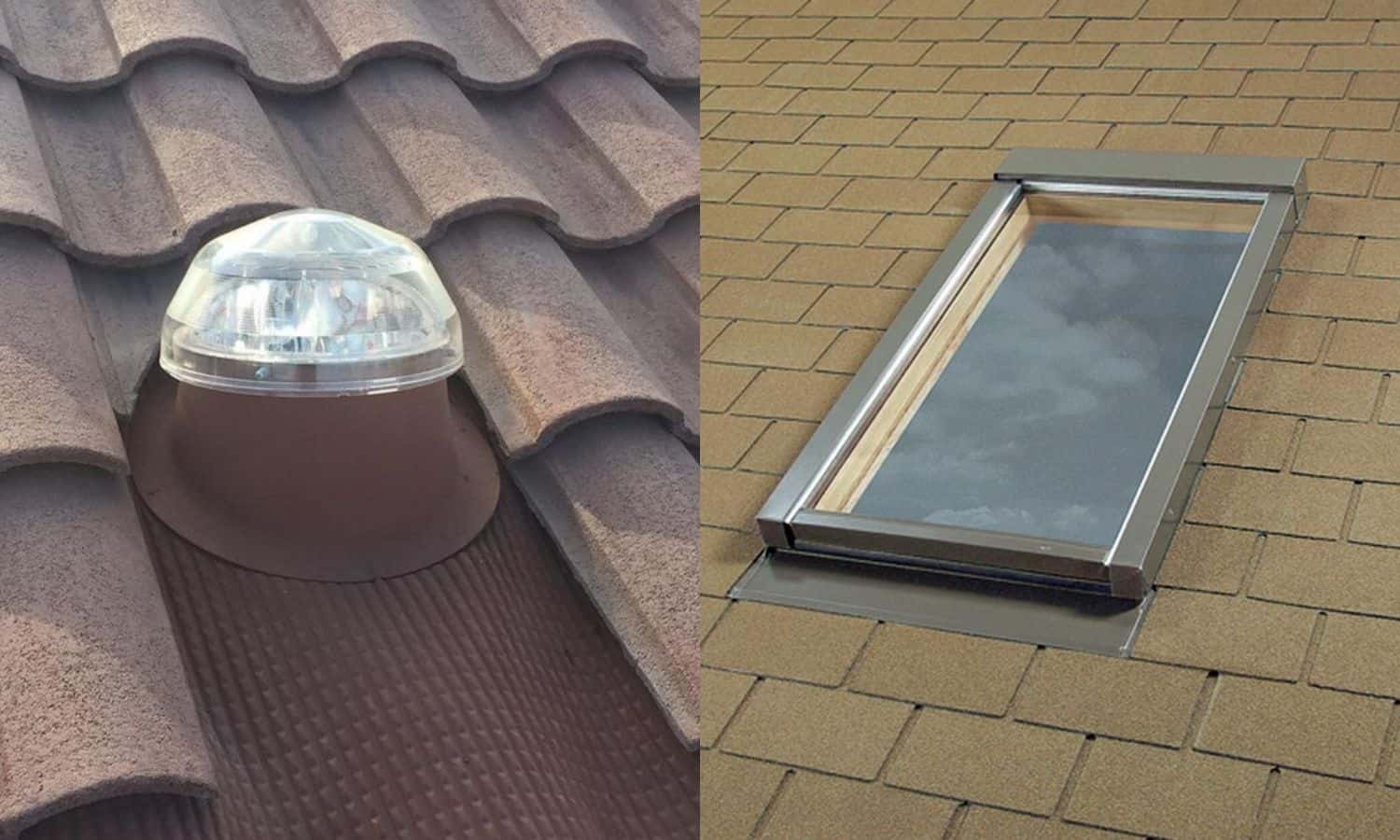

Articles
Which Is Better: Duck Or Goose Feather Duvet
Modified: August 27, 2024
Discover the pros and cons of duck and goose feather duvets in our insightful articles. Make an informed choice for a cozy and comfortable sleep experience.
(Many of the links in this article redirect to a specific reviewed product. Your purchase of these products through affiliate links helps to generate commission for Storables.com, at no extra cost. Learn more)
Introduction
Welcome to the ultimate guide on choosing between duck and goose feather duvets! When it comes to selecting the perfect duvet for a good night’s sleep, the type of filling can make a significant difference in terms of comfort, insulation, and overall quality. The most popular fillings for duvets are duck feathers and goose feathers, each offering their own unique advantages and considerations.
In this article, we will delve into the characteristics, benefits, and potential drawbacks of both duck and goose feather duvets. We will also compare their qualities in terms of softness, insulation, durability, allergies, and price range. By understanding the differences between these two types of feather duvets, you will be well-equipped to make an informed decision that best suits your preferences and needs.
It’s important to note that both duck and goose feather duvets provide excellent insulation and warmth, making them ideal for colder climates and chilly nights. Additionally, feather duvets are known for their plush and luxurious feel, ensuring a cozy and comfortable sleep experience. However, there are several factors to consider before making your selection, including personal preferences, budget, allergies, and climate.
Let’s dive into the world of duck and goose feather duvets and find out which option is best for you. Whether you’re a fan of the softness of duck feathers or the superior quality of goose feathers, we’ll provide all the information you need to make an educated choice.
Key Takeaways:
- Choose goose feather duvets for superior quality and insulation, ideal for a luxurious and warm sleep experience. Consider budget and allergies when making your decision.
- Duck feather duvets offer a budget-friendly option with good insulation and softness. Consider maintenance and allergies before making your choice.
Read more: How To Wash A Feather Duvet
Overview of Duck Feather Duvets
Duck feather duvets are a popular choice among bedding enthusiasts for their cozy warmth and affordability. These duvets are filled with the down and feathers of ducks, providing a soft and comfortable sleeping experience. Let’s take a closer look at the characteristics, benefits, and potential drawbacks of duck feather duvets to help you decide if they are the right fit for you.
Characteristics of Duck Feathers
Duck feathers have unique properties that make them ideal for use in duvets. They are known for their lightweight and airy nature, providing excellent insulation without feeling too heavy on the body. The natural loft of duck feathers helps to trap and retain warmth, keeping you cozy and snug during colder nights. Additionally, duck feathers have natural breathability, allowing excess moisture to escape, promoting a fresh and dry sleep environment.
Benefits of Duck Feather Duvets
There are several benefits to choosing a duck feather duvet for your bedding needs. One of the main advantages is their affordability compared to other types of duvets. Duck feathers are readily available, making these duvets more budget-friendly without compromising on comfort and insulation.
Another benefit of duck feather duvets is their soft and fluffy texture. The combination of down and feathers provides a plush and luxurious feel, allowing you to sink into a cozy nest of warmth and comfort. Duck feather duvets also have excellent thermal insulation, making them suitable for use in colder climates or air-conditioned bedrooms.
Potential Drawbacks of Duck Feather Duvets
While duck feather duvets have many advantages, it is important to consider their potential drawbacks. One common concern is the possibility of allergies or sensitivities to feathers. Some individuals may experience allergic reactions or discomfort due to the natural proteins present in feathers. It is advisable to check if you are allergic to feathers before investing in a duck feather duvet.
Another consideration is the maintenance and care required for duck feather duvets. The feathers may eventually clump or lose their shape over time, requiring periodic fluffing and shaking to restore their loft and even distribution. Additionally, these duvets may require more frequent washing to remove accumulated dust and allergens.
Despite these considerations, many people find duck feather duvets to be a cozy and cost-effective bedding option. The key is to weigh the benefits against the potential drawbacks and make an informed decision based on your personal preferences and needs.
Read more: How To Make Feather Pillows Smell Better
Overview of Goose Feather Duvets
Goose feather duvets are renowned for their exceptional quality, luxurious feel, and superior insulation. Filled with the down and feathers of geese, these duvets offer a level of comfort and warmth that is hard to beat. Let’s explore the characteristics, benefits, and potential drawbacks of goose feather duvets to help you determine if they are the right choice for you.
Characteristics of Goose Feathers
Goose feathers have distinct properties that make them highly desirable for duvet fillings. They are known for their larger size and superior insulation capabilities, providing exceptional warmth and comfort. The larger clusters of down in goose feathers create a lofty and fluffy texture, giving the duvet a luxurious and plush feel. Additionally, the natural oils in goose feathers contribute to their durability and resilience.
Benefits of Goose Feather Duvets
Goose feather duvets offer a range of benefits that make them a favorite among those seeking ultimate comfort. One of the primary advantages is their unmatched insulating properties. The larger and fluffier feathers of geese create a high loft, trapping more air and heat within the duvet. This ensures a cozy and warm sleep experience, even in colder climates.
Another benefit of goose feather duvets is their incredible softness. The delicate and supple down clusters provide a luxurious feel, allowing you to sink into a cloud-like cocoon of comfort. Despite their plushness, goose feather duvets are also lightweight, providing a comfortable sleep without feeling too heavy or burdensome.
Potential Drawbacks of Goose Feather Duvets
While goose feather duvets offer numerous advantages, it’s important to consider potential drawbacks as well. One consideration is the higher price range compared to duck feather duvets. The superior quality and insulation capabilities of goose feathers typically come with a higher cost. However, many individuals believe that the investment is well worth the added luxury and comfort.
Another factor to keep in mind is the possibility of allergic reactions or sensitivities to goose feathers. Some individuals may be sensitive to the proteins present in down and feathers, which can cause allergic symptoms. If you have known allergies, it is advisable to test your sensitivity before choosing a goose feather duvet.
Despite these considerations, many people find that the exceptional quality and warmth of goose feather duvets outshine any potential drawbacks. The decision ultimately depends on your personal preferences, budget, and specific sleeping needs.
Read more: Which Vacuum Cleaner Is Better
Comparison of Duck and Goose Feather Duvets
When deciding between duck and goose feather duvets, several factors come into play. Let’s compare these two types of duvets based on their quality, softness, insulation, durability, allergies, and affordability.
Quality and Softness
Goose feather duvets are often considered to be of higher quality compared to duck feather duvets. The larger feathers and higher down content in goose feathers contribute to a more luxurious and plush feel. The down clusters in goose feathers are also larger and provide an exceptionally soft and fluffy texture.
On the other hand, duck feather duvets are still soft and cozy but may not have the same level of luxuriousness as goose feather duvets. The smaller feathers and lesser down content in duck feathers result in a slightly less fluffy feel.
Insulation and Warmth
When it comes to insulation and warmth, goose feather duvets are often hailed as superior. The larger down clusters and higher loft of goose feathers create a higher degree of insulation, which translates to exceptional warmth. Goose feather duvets are ideal for those who sleep in colder climates or prefer a warmer sleep environment.
Duck feather duvets also provide good insulation and warmth, but they may not offer the same level of heat retention as goose feather duvets. They are still suitable for most sleepers and can provide sufficient warmth in moderate climates.
Durability and Longevity
Both duck and goose feather duvets are known for their durability and longevity. However, goose feather duvets tend to be more resilient and retain their loft and shape for a longer period. The larger and stronger feathers in goose feathers contribute to their ability to withstand compression and maintain their loft even with extended use.
Duck feather duvets are also durable, but they may require more frequent fluffing and shaking to restore their loft over time. Regular maintenance and care can help prolong the lifespan of both types of duvets.
Read more: Which Is Better – Ryobi Or Greenworks?
Allergies and Sensitivities
For individuals with allergies or sensitivities to feathers, both duck and goose feather duvets can pose a potential risk. The proteins present in down and feathers may trigger allergic reactions in some people. It is crucial to test your sensitivity before choosing a feather duvet. If you have known allergies, consider opting for hypoallergenic alternatives or synthetic fillings that mimic the feel of feathers.
Price Range and Affordability
When it comes to price, duck feather duvets are generally more affordable compared to goose feather duvets. Duck feathers are more readily available and less expensive to source, making them a cost-effective option for those on a tighter budget. Goose feather duvets, on the other hand, are considered a luxury bedding choice and come with a higher price tag.
However, it’s important to assess your priorities and budget when making a decision. While goose feather duvets may be more expensive, their superior quality and insulation may outweigh the higher cost for some individuals.
Ultimately, the choice between duck and goose feather duvets depends on your personal preferences, priorities, and sleeping needs. Consider factors such as softness, insulation, durability, allergies, and budget to determine which type of feather duvet is best suited for you.
Factors to Consider when Choosing between Duck and Goose Feather Duvets
When it comes to choosing between duck and goose feather duvets, there are several important factors to consider. These factors will help you make an informed decision based on your personal preferences, budget, allergies, health concerns, and the climate and sleeping conditions in which you reside.
Personal Preferences
Your personal preferences play a significant role in choosing the right feather duvet for you. Consider factors such as the level of softness you prefer, the weight and thickness of the duvet, and the overall feel when deciding between duck and goose feather duvets. If you prioritize a more luxurious and plush experience, a goose feather duvet might be the better choice. However, if you prefer a slightly firmer feel, a duck feather duvet may be more suitable.
Read more: Which Is Better: Projector Or TV
Budget
Your budget is another crucial factor to consider when deciding between these two types of feather duvets. Goose feather duvets are generally more expensive due to their higher quality and insulation capabilities. Duck feather duvets, on the other hand, are more affordable without compromising too much on comfort and warmth. Carefully assess your budget and determine how much you are willing to spend on a duvet before making a decision.
Allergies and Health Concerns
If you have known allergies or sensitivities to feathers or down, it is essential to consider this when choosing a feather duvet. Both duck and goose feather duvets can potentially trigger allergic reactions in some individuals. If you are prone to allergies or have respiratory issues, it is advisable to opt for hypoallergenic alternatives or synthetic fillings that mimic the feel of feathers. Alternatively, you can also consider using a duvet cover or protector to minimize direct contact with the feathers.
Climate and Sleeping Conditions
The climate and the conditions in which you sleep also influence the choice between duck and goose feather duvets. If you live in a colder climate or tend to feel colder at night, a goose feather duvet with its superior insulation may be the preferable option to keep you warm and cozy. However, if you reside in a moderate climate or tend to sleep hot, a duck feather duvet, which provides good insulation without being too heavy, might be more suitable.
It’s important to assess these factors collectively and find a balance that meets your specific needs and preferences. By considering your personal preferences, budget, allergies, and sleeping conditions, you will be able to make an informed decision and choose the feather duvet that will provide optimal comfort and a restful night’s sleep.
Conclusion
Choosing between duck and goose feather duvets ultimately comes down to personal preferences, budget, allergies, and sleeping conditions. Both options offer their own unique characteristics, benefits, and considerations.
If you value luxurious softness and superior insulation, goose feather duvets may be the ideal choice for you. They are known for their exceptional quality and warmth, making them a popular option for those seeking a cozy and comfortable sleep experience. However, keep in mind that goose feather duvets generally come with a higher price tag.
On the other hand, duck feather duvets offer a more budget-friendly option without compromising on comfort. They provide good insulation and a soft, cozy feel, making them suitable for most sleepers. However, they may not offer the same level of heat retention or plushness as goose feather duvets.
Consider factors such as your personal preferences in terms of softness and feel, your budgetary constraints, any allergies or sensitivities you may have, and the climate and sleeping conditions in which you reside. By taking these factors into account, you can make an informed decision that suits your individual needs.
Regardless of whether you choose a duck or goose feather duvet, proper care and maintenance are essential to ensure longevity and optimal performance. Regular fluffing, periodic washing, and the use of duvet covers can help extend the lifespan of your chosen duvet.
Remember, the ultimate goal is to create a comfortable and cozy sleep environment that promotes a restful night’s sleep. Whichever type of feather duvet you choose, it should provide the warmth, insulation, and softness that contribute to a peaceful and rejuvenating slumber.
Now that you are equipped with the knowledge and understanding of the differences between duck and goose feather duvets, you can confidently make a decision that suits your preferences and needs. Sweet dreams!
Read more: Which Is Better Dewalt Or Ryobi
Resources and References
Here are some resources and references that you can explore for further information on duck and goose feather duvets:
- 1. The Sleep Judge – “Feather vs. Down vs. Alternative Duvets: The Pros and Cons”: A comprehensive guide highlighting the differences between feather, down, and alternative duvets, including information on duck and goose feathers. Available at: [Link to the article]
- 2. Hypnos – “Feather & Down Duvets Buying Guide“: A helpful buying guide that provides insights into the benefits, characteristics, and maintenance of feather and down duvets. Available at: [Link to the article]
- 3. House Beautiful – “How to Choose the Perfect Duvet – Buying Guide”: A detailed guide that covers various aspects to consider when choosing a duvet, including information on feather duvets and their differences. Available at: [Link to the article]
- 4. The Spruce – “Down and Feather Duvets Buying Guide”: An informative buying guide that explains the differences between down and feather duvets, including their characteristics, pros, and cons. Available at: [Link to the article]
- 5. Bed Bath & Beyond – “Choosing the Right Duvet or Comforter”: A helpful article that provides insights into different types of duvets, including feather duvets, and tips for selecting the right one based on personal preferences. Available at: [Link to the article]
These resources offer valuable information to expand your knowledge and help you make an informed decision when choosing between duck and goose feather duvets.
Please note that while these sources strive to provide accurate and up-to-date information, it is always recommended to consult with bedding experts or professionals for personalized advice and recommendations.
Frequently Asked Questions about Which Is Better: Duck Or Goose Feather Duvet
Was this page helpful?
At Storables.com, we guarantee accurate and reliable information. Our content, validated by Expert Board Contributors, is crafted following stringent Editorial Policies. We're committed to providing you with well-researched, expert-backed insights for all your informational needs.











0 thoughts on “Which Is Better: Duck Or Goose Feather Duvet”